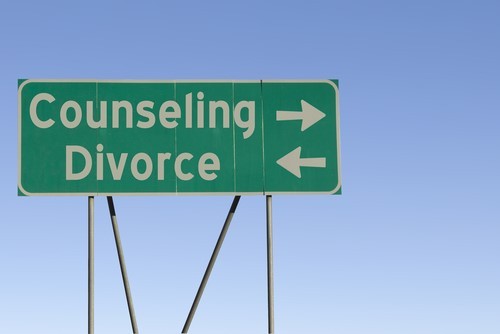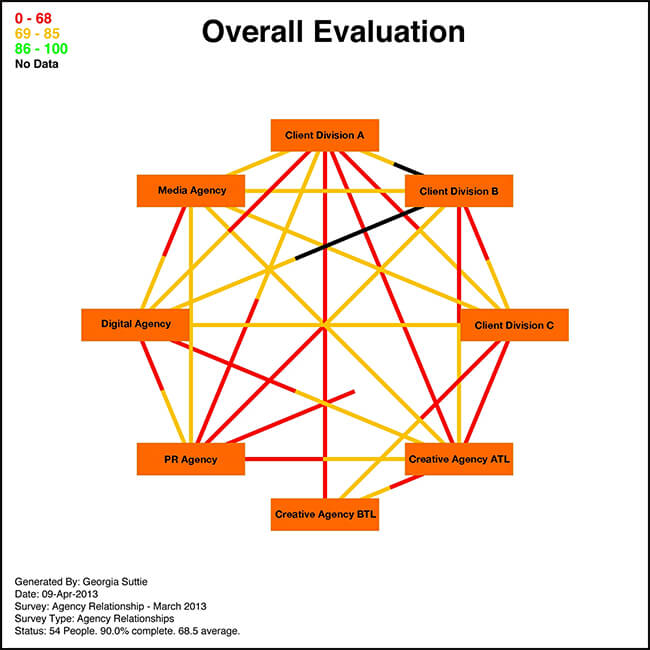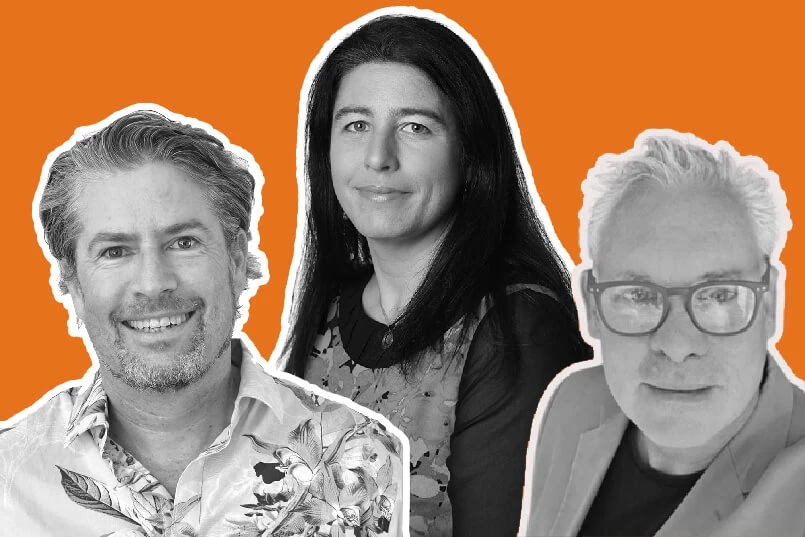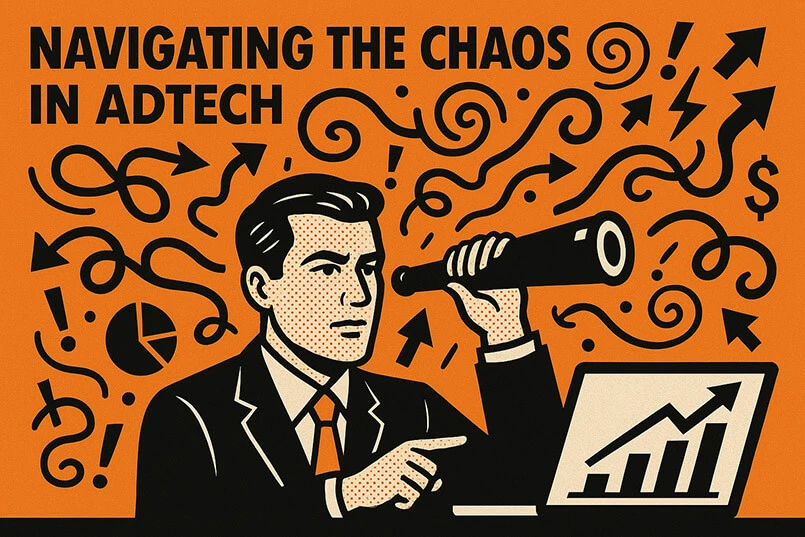As you may have read on previous posts, TrinityP3’s Evalu8ing tool for client agency relationship assessments is invaluable in so many ways. Like any relationship, one between a client and their agency partners needs commitment, honesty and open communication to encourage performance and collaboration.
In some ways it is just like in marriages, when people get busy and caught up in their own world, these fundamentals of keeping the relationship healthy are often overlooked. But unlike a marriage, marketers will often find themselves managing multiple agencies. And who really wants a polygamous marriage?
Regardless of how strong the relationships are, a third party tool such as TrinityP3’s Evalu8ing invites everyone to make the time and engage in conversations around the health of a relationship in a way that is positive and productive and leads to stronger partnerships moving forward. It’s a bit of good old fashioned group counseling every 6 months.
My previous post covered a few key insights into the benefits agencies can gain from the Evalu8ing analysis and workshop. These included better understanding of how their teams are working, where problems lie and how processes can be improved to impact not just the client relationship under review but all teams across all pieces of business, making the agency more effective as a whole.
This post covers just a few of the huge benefits Evalu8ing offers clients and looks at why Evalu8ing is becoming an increasingly valuable tool in a client’s armory, to protect and grow the relationships they have with their agency partners and ultimately, amongst many other things, avoid situations getting to nasty exchanges and unnecessary pitch battles which are costly, timely and emotionally draining on all people and resources.
So here are 3 key insights (and there are many, many more) based on my observations as to why clients are using Evalu8ing on an ever-increasing basis…
Insight 1: No relationship is made in heaven but you can stop it from going to hell
No relationship is perfect, even those that are all shiny and happy on the surface (sorry if I’ve got you thinking now!). I’m a glass half full kind of person but I’m also a realist and things can always be better especially those things that have a tendency to grow and spread negatively. There can always be little niggles that can be ironed out before they become big bug bears, and underlying issues can remain hidden or go unspoken for months. Evalu8ing brings all these to the surface early so they become conversation points rather than “issues” down the track.
Take Client A. In a relatively new relationship with a creative agency, working on a project basis, they were becoming increasingly frustrated by the leadership (or lack of) on the account, the inefficiencies day to day and the lack of process and attention to detail. They were also feeling the lack of proactivity that comes with a project based agency relationship. We see situations like this all the time at TrinityP3, often only at the stage where the client has decided to pitch the business to appoint a retained agency. This client, however, had already started using Evalu8ing and we were conducting Round 2. So what happened?
Evalu8ing highlighted the poor fit of the current account management lead in terms of knowledge, experience and culture and the lack of process being applied under that person’s watch. Additionally, it seemed some of the more junior team members were out of their depth and not suited to the type of work this client needed to do on a day-to-day basis. Finally, the agency was desperate to be more proactive but without a retainer in place they just couldn’t afford to have teams working for free.
Within a few months, a new Group Head was hired, a few team changes made and within 6 months by Round 3, not only was the business being more efficiently and creatively run, the client and agency were in the middle of negotiations to appoint the agency on a retained basis.
Not only was Evalu8ing a contributing factor in making the relationship better, effectively it helped turn a ‘de facto’ relationship (ie. a project based one) into a formal partnership and, the last time we met, a very happy one at that.
Insight 2: From little things, big things grow
Evalu8ing is also a fabulous forum for all agencies to meet outside of project work and look at the bigger business model. In the whole scheme of things, an investment in Evalu8ing is actually a very small one, yet from it, can come a huge amount of productivity and business growth.
The Evalu8ing survey takes about 30 minutes for participants to complete. TrinityP3 then does the analysis and packages it up in a report for all participants to review. We then run a 2-hour workshop which focuses on the key areas we have observed that require attention. From that little bit of time and energy, here are just some examples of what clients have gained from their investment in the process:
- improvements in team collaboration over 10 percentage points
- process changes and improvements to address information sharing, accuracy, communication and contact reporting
- standardised systems to implement regular communication between team leaders, agency partners, management
- regular forums to focus on proactive ideas outside of day to day activity
- business building forums for blue sky projects
- identification of training needs for junior staff including discipline specific training, brief writing skills, presentation skills
The last Evalu8ing survey we completed resulted in a short list of so many tangible action points they needed to be prioritised across a 12 month period as there was physically no way they could be addressed in the 6 months prior to the next round. Now that’s time and money well spent.
Insight 3: The whole organisation really is greater than the sum of its parts
One of the biggest issues larger marketers face is that varying divisions have their own objectives and KPIs. Whilst an overarching brand story should inform everything different departments do, at times it can get lost in the day to day requirements of meeting targets, selling stock or creating footfall. Sticking with the counseling analogy, Evalu8ing’s multi-disciplinary approach is like a half yearly family counseling session where the whole extended family gets together and everyone has a say on their own individual relationships.
Evalu8ing’s unique methodology ensures every relationship between each department and the agencies they work with are scrutinized so where Agency B may be partnering with one department brilliantly, the relationship with a different department might be strained subsequently resulting in sub-standard performance. The slide below from a recent Evalu8ing survey demonstrates how the robust nature of the process creates a vehicle for all departments to have their say and focus on what is working and what is not in their individual relationships.
Without over-analysing this slide, what it demonstrates at a macro level is why multi-divisional companies find Evalu8ing so useful as it gives all departments a voice and provides both quantitative and qualitative information on how each of those relationships are progressing. The Evalu8ing report, which details all this information and the workshop, which addresses potential issues and highlights opportunities is then owned by everyone and the entire team works together towards agreed goals and a plan to win. Net effect, we have aligned troops all working towards a common goal, creating greater firepower and more chance of success.
We are all about relationships for the long term
The reason Evalu8ing exists is because at TrinityP3 we believe that you put so much time, money and effort into building relationships, it is worth nurturing them and giving them the best chance possible to survive. There are endless reasons why companies are choosing to invest in Evalu8ing as an intelligent business tool when relationships are at the heart of how you do business as a marketer. The results we have seen prove that it only helps make partnerships stronger, more collaborative and more effective and ultimately, makes them last so much longer with greater success.





